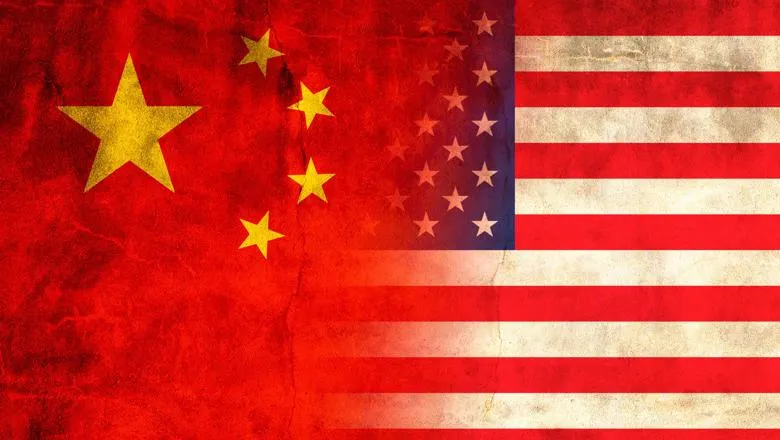22 February 2022
Roundtable of experts reflect on US-China relations since 50th anniversary of Nixon-Mao meeting
Chaired by the Guardian China Affairs Correspondent, Vincent Ni, the panel discussed the significance then and now of the meeting.

Marking 50 years since Chinese leader Mao Zedong and US president Richard Nixon met in Beijing, a roundtable of experts from School of Security Studies and Lau China Institute met to discuss US-China relations then and now.
Chaired by the Guardian China Affairs Correspondent, Vincent Ni, the panel discussed the significance of the meeting, and how it led to a reset in US-China relations, which had been frozen for the previous two decades.
Professor Kerry Brown, Director of the Lau China Institute said:
“It was a brilliant strategic move and both sides have benefited from it.”
Watch a video of the event:
The panel then went on to discuss subsequent developments in US-China relations over the five decades up to today, covering topics ranging from economic ties to nuclear arms control to economic and technological statecraft.
Looking at the relations today and in the future, the panel discussed whether or not they perceived the recent chilling of relations between the two countries, as the emergence of a new cold war. Commenting on the view from China, Li Lin, PhD researcher in the Department, expressed skepticism:
“China and the US have more economic cooperation than ever before, and other shared interests too, such as anti-terrorism, nuclear non-proliferation, climate change…China needs a stable environment and so does the US.”
However, Dr Nicola Leveringhaus, Senior Lecturer in the Department of War Studies, referenced the unravelling of nuclear arms control and possible arms race between the two countries, saying:
“There are no international legal constraints at present day or discussions between the US and China around strategic arms, [meaning] there are no illegal impediments between the two countries increasing their nuclear arsenal… and there seems to be very little prospect of this.”
The panel also discussed whether or not China and the USA were rivals when it came global investment in economic and technological infrastructure through China’s Belt and Road initiative and America’s Build Back Better World.
James Ridley-Jones, PhD Candidate, Defence Studies Department said:
“We are seeing a lot of competition, but the US is not invested enough to really look to challenge China. The US has been looking more at the Asia-Pacific region…[it’s like] comparing apples and oranges.”
He also commented:
“We need to be very careful when we say both US and China have claimed different projects as part of a grand strategic plan, when they were just continuing projects already in train.”
The discussion moved to look at the future of US-China relations, including focusing on the emerging situation between Russia and the Ukraine, and whether Russia-China relations posed a significant threat to global security.
Professor Brown said:
“I don’t think Russia and China have great strategic alignment. What they do have is anger and frustration at the USA and Europe.
“It’s an asymmetrical relationship where everything is on China’s terms…it’s happy for Russia to be the one that gets a lot of the blame for stirring things up…it’s an opportunistic strategy and China is an opportunist.”
The expert roundtable included Professor Kerry Brown, Director of the Lau China Institute, Angus Reilly, Leverhulme Doctoral Fellow, Li Lin, PhD Candidate and Dr Nicola Leveringhaus, Senior Lecturer, from the Department of War Studies, Dr Zeno Leoni, Lecturer and James Ridley-Jones, PhD Candidate, both from the Defence Studies Department, and Anna Tan, PhD Candidate, Lau China Institute.
